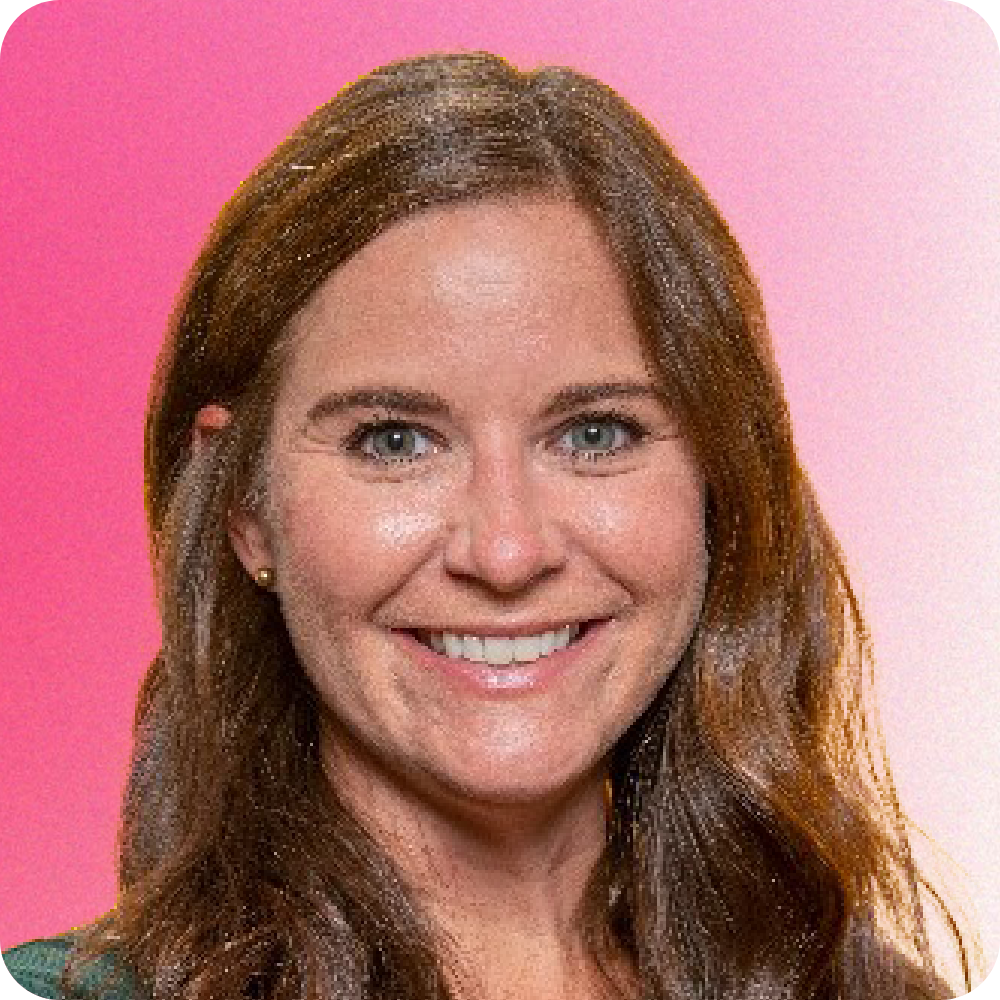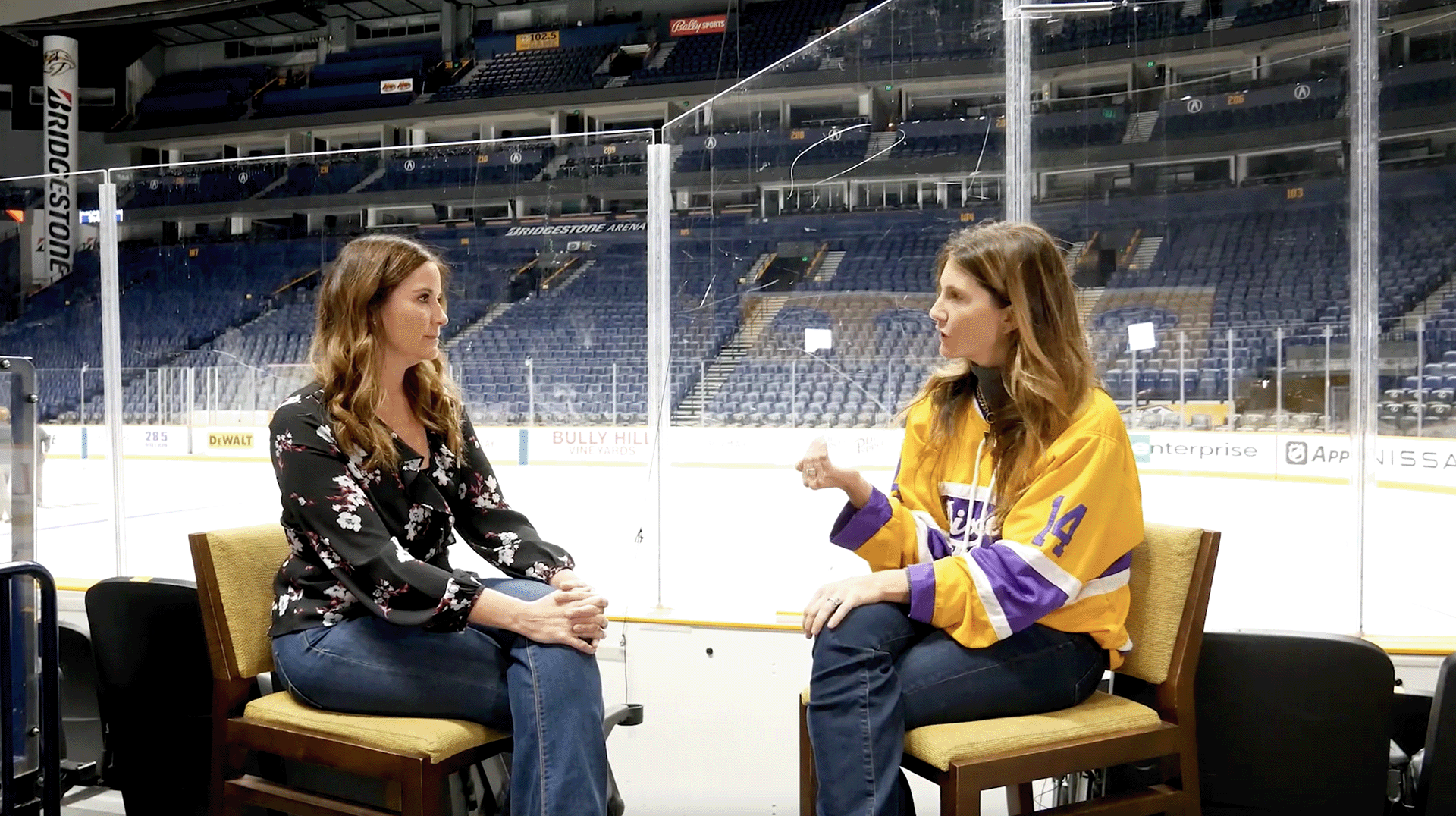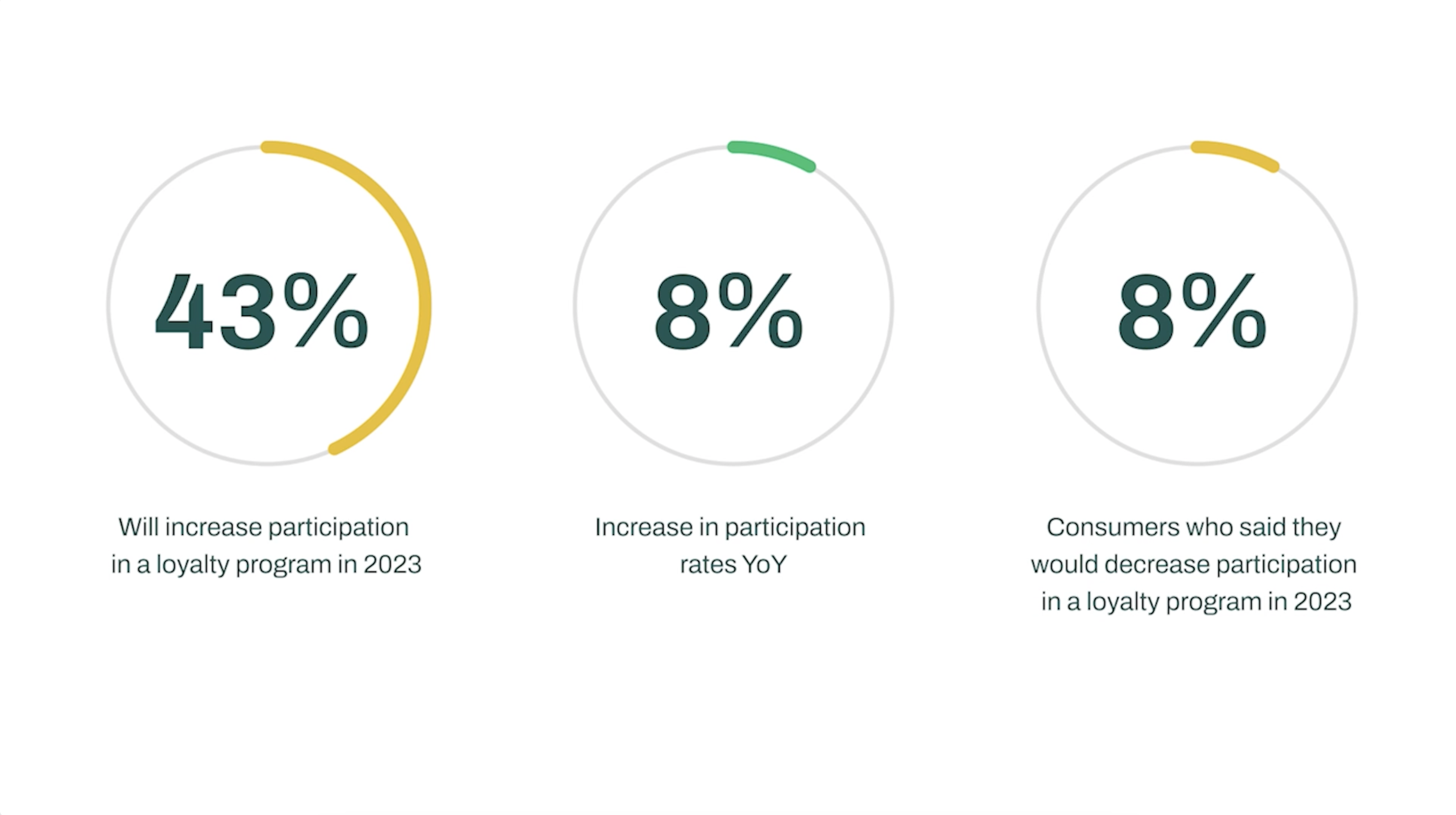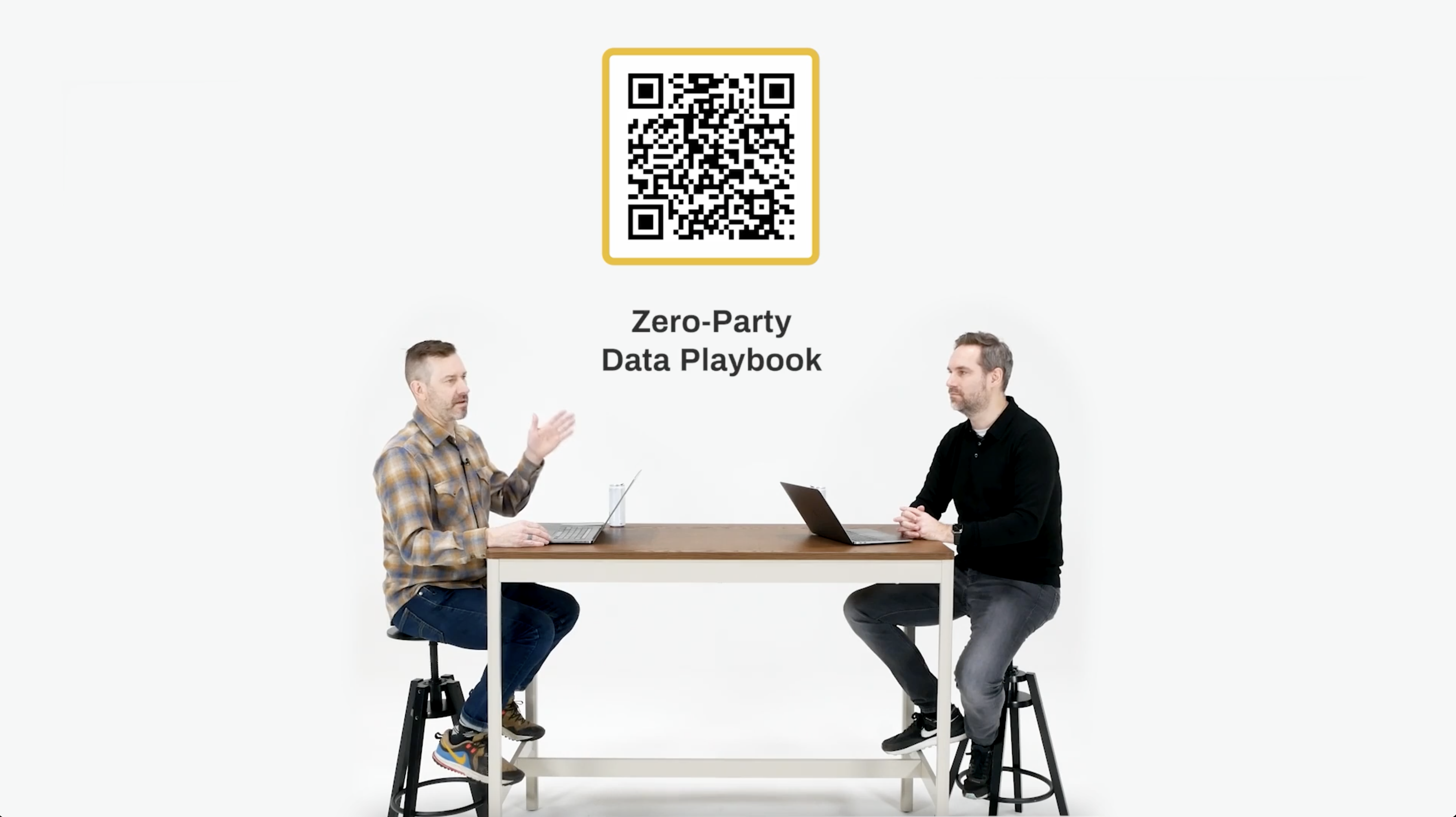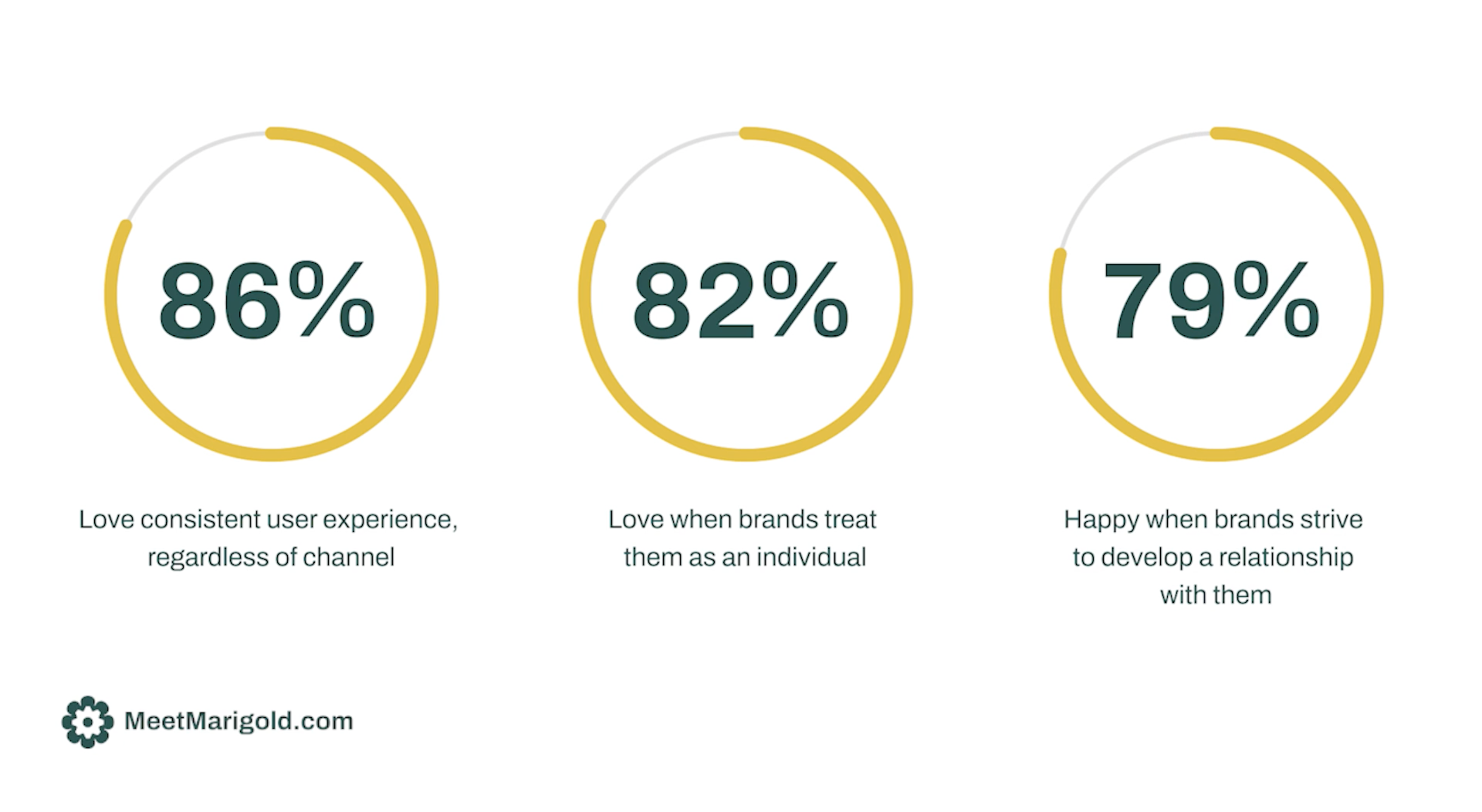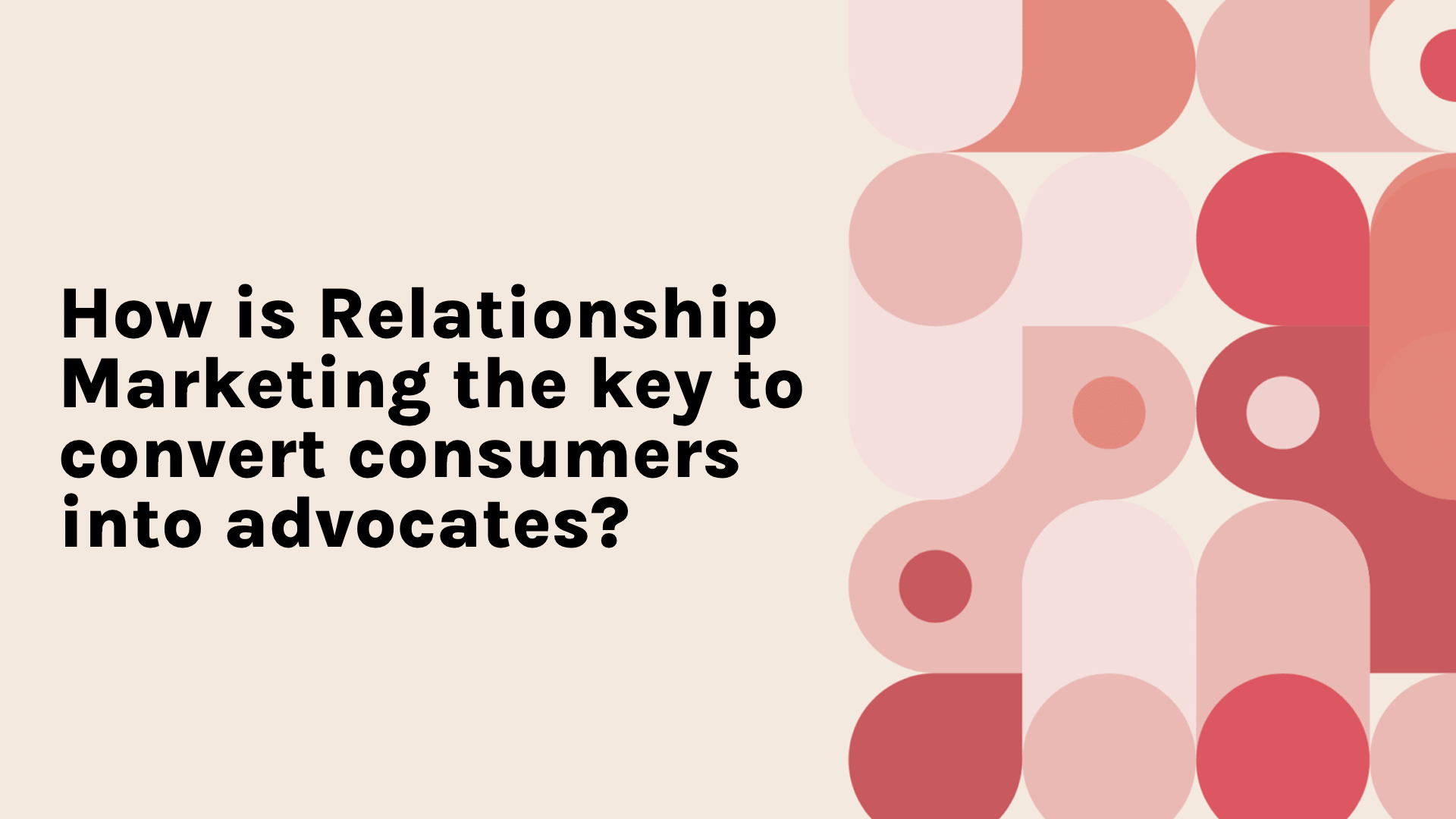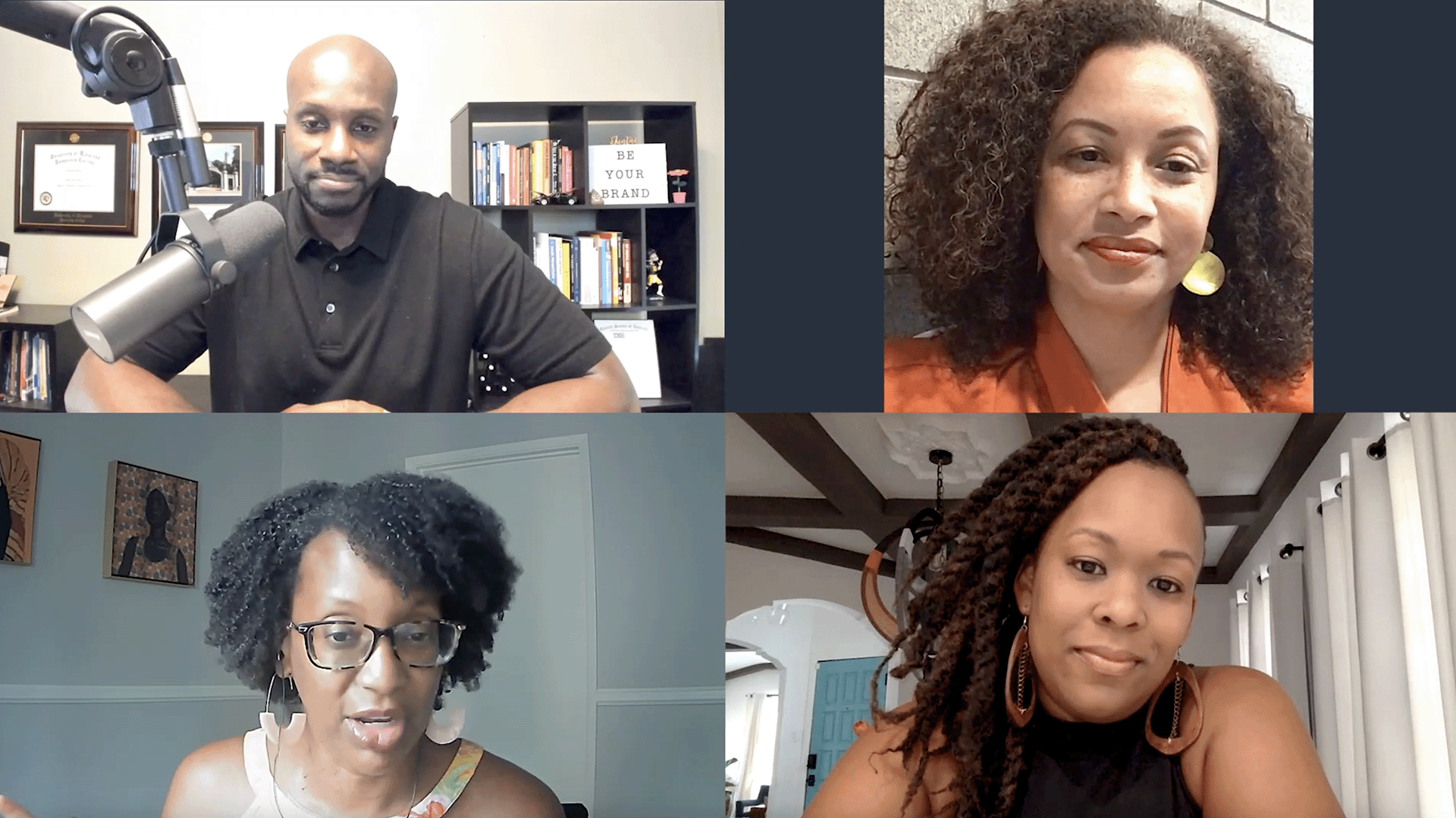Maintaining Their Momentum: How the Nashville Predators use Emma to Grow in Normal Times and Times of Crisis
- 0.5
- 1
- 1.25
- 1.5
- 1.75
- 2
Sarah Thetford: Hey, I'm Sarah Thetford with CM Group. I'm going to be speaking today with Lindsay from the Nashville Predators. We're going to be talking all about how they brought hockey to the South and how they've had consistent engagement rates throughout the pandemic. But before we talk about all of that, I'm going to go take my own little personal tour. Oh, what's this? Look what we have here. It's five o'clock somewhere, right?
Lindsay Rutledge: Hey, Sarah, there you are. Pregame jitters. It's on the perfect spot for us.
Sarah Thetford: Great. Hi everyone, I'm Sarah Thetford and I am the senior customer success manager over at CM Group and I'm going to be speaking today with Lindsay Rutledge over here. She's the Director of Consumer Strategy and Communications at The Predators. I am a big fan. As you can see, I've got my Dixie Flyers, little vintage Nashville Hockey going on. And we're going to be talking a little bit about how the Predators manage strategy in their email marketing. So with that, Lindsay, tell me a little bit more about your role at the Predators.
Lindsay Rutledge: Sure. I do all of our email marketing, mostly sales emails, but we do craft emails for informational purposes. I handle all of our email marketing communications, I manage our loyalty platform, I work with our alumni group and a handful of other duties as assigned.
Sarah Thetford: That is a lot on your plate. That's amazing. You're Wonder Woman. So within that role though, how do you guys really generate revenue and ticket sales?
Lindsay Rutledge: Sure. We have to promote 42 hockey games a year. It's a lot. It's a lot of games. And so that's what we use the email platform for primarily, is of course promoting our hockey games, selling single game tickets, selling season tickets, providing information to our season ticket citizens. We also sell non- hockey events here as well on the Bridgestone Arena side.
Sarah Thetford: So tell me a little bit about that Bridgestone Arena side.
Lindsay Rutledge: Sure. So we host a number of different events every year that aren't sports related. We're one of the busiest buildings in the world, in fact. Pollstar Magazine, which is an industry trade publication, just recently came out with their rankings for the year and through the first three quarters of this year, we are the fourth busiest building in terms of ticket revenue and the sixth busiest building in the world in terms of tickets sold.
Sarah Thetford: Wow.
Lindsay Rutledge: So we are a very, very busy building globally.
Sarah Thetford: Very busy. You're a very busy woman too.
Lindsay Rutledge: Yes.
Sarah Thetford: Well, so now then let's talk about the Preds. So with the Predators, what would you say is the primary use of email for you guys?
Lindsay Rutledge: For us, it's sales.
Sarah Thetford: Okay.
Lindsay Rutledge: For us, it's sales. We communicate very regularly with our season ticket citizens about games. If a game time changes or if there's information about their plan, we send that. But primarily we are promoting the sale of single- game tickets to the general market here in Nashville.
Sarah Thetford: And tell me more, then, about the sub- accounts. I knew that you mentioned that. So how many do you guys currently have?
Lindsay Rutledge: We have 11 or 12 different sub- accounts, everywhere from our alumni group to our Ford Ice Centers, which are community ice rinks here in Nashville, tickets, we have a national Predators General database, we have a Bridgestone Arena database. So we use all these different sub- accounts to segment our audiences.
Sarah Thetford: And then within the sub- accounts, how do each of those work? Because obviously you mentioned quite a few that are a little bit different. Tell me about a few of those.
Lindsay Rutledge: Sure. So we have a number of people on our staff who build and broadcast emails for us and they all have a different focus. For our Ford Ice Centers, for example, we're promoting our youth hockey programs, our Learn to Skate programs, our even adult league hockey programs. Bridgestone Arena is promoting all of our concerts and non hockey events. And then the primary one that I work out of our ticket sub- account is where we sell single game tickets and season tickets.
Sarah Thetford: Wow, that's amazing. I did the Learn to Skate program, didn't go well for me, but maybe for others that get that email it'll go better. So obviously acquisitions is super important for anybody in sports and entertainment. How do you guys approach that whole acquisition process?
Lindsay Rutledge: Sure. So we have our ticketing database. When somebody buys a ticket, they become our customer. And so that's our low hanging fruit in that sense, that if somebody's bought a ticket to a Predator's game, they get added to our database so that we can sell them a ticket for another game. And from a more grassroots perspective, we do enter- to- win contests. We have tables set up out on our plaza prior to games and have people sign up for our email lists. And of course we have it on our website to sign up for the email database.
Sarah Thetford: I love that. Especially the ones outside.
Lindsay Rutledge: Yeah.
Sarah Thetford: I think that's so smart because it's such a great use of the space.
Lindsay Rutledge: Yeah, absolutely. We're in a number of different community events with sales tables and free giveaways and things like that, so we're very active out in the community trying to get people to sign up for our email list so that we can get them out to a hockey game and have them experience hockey.
Sarah Thetford: Yeah. I love that. And on that kind of similar note, I know that you mentioned that within these sub- accounts you have so many different types of sub- accounts, so many different types of groups. How do you use that segmentation tool to hyper- target those different audiences?
Lindsay Rutledge: It's so important for us to use that segmentation tool. We have a very talented group of folks in our business strategy department who are able to pull particular buyers out of our ticketing database so that we can identify particular buyers that would be interested in something that is coming up for us, whether that is on the non- hockey side or on the hockey side. So if you, for example, came to a game against the Dallas Stars last year, you might get an email from us for the Dallas Stars game this year.
Sarah Thetford: Right.
Lindsay Rutledge: So we do that pretty regularly. Additionally, when we're sending out a sales promotion and it's a last- ditch effort to sell some tickets for a game that's coming up, we're obviously not going to send an email to people who have already purchased tickets, so segmenting them out of that general audience is really, really important.
Sarah Thetford: inaudible Exclude.
Lindsay Rutledge: Yeah, absolutely. Absolutely.
Sarah Thetford: That exclude option I think is a great option, especially on that Reply To/ Send page.
Lindsay Rutledge: Yeah, it's critical.
Sarah Thetford: inaudible And so something else to think about too, and I think that this is something that you guys do really, really well, is personalization. And that's a really integral part of relationship marketing.
Lindsay Rutledge: Sure.
Sarah Thetford: Tell us a little bit about how you use personalization in your emails.
Lindsay Rutledge: Sure. We use the personalization pretty frequently. Our season ticket citizens sometimes need to know information about their accounts, so we use merge tags to merge in information about who their account rep is, what their account rep's phone number or email address is. Maybe if they have a balance on their account, " Hey, you've got some credit, would you like to buy additional tickets for a game with that credit?" And usually at the very beginning of the season and at the very end of the season, we send a letter from our CEO personalized to all of our season ticket citizens.
Sarah Thetford: I love that.
Lindsay Rutledge: We're super engaged with our season ticket citizens and we really want them to feel like they're seen and heard. And I think relationship marketing is a really critical piece of making them feel special.
Sarah Thetford: Well, and you guys, again, have done such a great job that I even looked at your open rates and they were 40 to 60% across all of your season ticket holders. That is insane. You got to tell us your secret.
Lindsay Rutledge: Yeah.
Sarah Thetford: What's your secret? I'm going to need to be taking notes.
Lindsay Rutledge: I think a lot of it's content, right?
Sarah Thetford: Yeah.
Lindsay Rutledge: You don't want to inundate people with emails. We all know that, so we provide emails that have content that they want or need. For example, we send people an email prior to the games telling them parking information. That's pretty critical if you're coming to a game, you got to know where to park. You need to know our bag policy, screening policies, things like that. So really, I think a lot of it is information that's needed and that is wanted by our season ticket citizens, whether that comes in the form of what we call a benefits alert, which could be an offer from one of our corporate partners that offers a discount to a restaurant or some other brick and mortar location. So I think part of the primary focus on that is going to be the content of what's in those emails.
Sarah Thetford: Well, you guys do a great job. So again, I'm going to be taking notes on that. I do want to talk about the pandemic. Obviously, it was a wild ride for everybody, not the best, but I feel like, again, that you guys really handled that in a really beautiful way. So I'd love if you could tell everybody listening about how you guys approached that. How did you keep season holders to opening these emails when they weren't going to be attending the games?
Lindsay Rutledge: That was a really challenging time for us. The onset of COVID 19 and the pandemic halted our business entirely. We were not hosting hockey games, we were not hosting concerts or family shows, so we had to find a way to keep our customers engaged by providing content online. And so we deployed a couple programs. One was called Hockey at Home, where we did basically customer Zoom calls with our hockey staff, with our head coach, with our general manager, with our CEO and our leadership team and we invited our season ticket citizens to log on and have conversations with our leadership team and our hockey leadership team. And people loved it. Additionally, we had live concerts. We partnered with CAA, Creative Artists Agency, and WME here locally. They're partners of ours and they provided some artists to come and place play shows online and we would send a video crew out to their house. They would sit out on their back porch and just play songs for us and our season ticket holders would log onto Zoom and watch that. And again, it was such a hit that we just wanted to make sure that our folks were still engaged during that terrible pandemic where everything was just shut down.
Sarah Thetford: And you guys did such a great job of fostering community during all of that too. Well, I do have a question for you as well. I work with tons of other clients that have a multitude of sub- accounts. And even within those sub- accounts, there's some nuance there, it's all like a subset of their industry.
Lindsay Rutledge: Right.
Sarah Thetford: So do you have any guidance or advice, strategy, about how best to handle that?
Lindsay Rutledge: Sure. I mean, I think it's in lieu of maybe using a subscription center, we choose to use the sub- accounts so that we can compartmentalize what content people are getting. And I think, again, going back to the content being rich in that we've got I think four and a half million people across all of our sub- accounts and you have to organize that, you can't just bombard people with emails and so you have to cater to what they want to hear.
Sarah Thetford: Right.
Lindsay Rutledge: So I think being organized in your sub- accounts is really important. And then acquisition within those sub- accounts in your own way that adheres to your business strategies is really critical.
Sarah Thetford: Is key there?
Lindsay Rutledge: Yeah.
Sarah Thetford: Did you say 4. 5 million? Let's make a call out about that. It's a lot of people you're sending emails to.
Lindsay Rutledge: Yes.
Sarah Thetford: That's amazing.
Lindsay Rutledge: Yeah.
Sarah Thetford: And what would you say then is your favorite part of the Emma product favorite tool?
Lindsay Rutledge: I think the new editor tool is fantastic. It allows so much more flexibility from a creative standpoint. We have a tremendously gifted graphics team here that puts out some really, really great images and even photos that we get from live hockey games, and being able to use the editor tool to really, really be flexible in our design is fantastic. The design of our emails needs to mirror what our website looks like, what our social media looks like, and we need that to be consistent, so having that flexibility within the new editor tool is fantastic.
Sarah Thetford: And with the design, are you guys doing different design per sub- account, or is it the same brand and logo across all your sub- accounts?
Lindsay Rutledge: Yes, it's the same brand and logo across our sub- accounts. Color schemes obviously change. Of course, the predators are gold and blue, but for Bridgestone Arena events, we use our black and red theme. And then our Ford Ice Centers have a different shade of blue and gold. So it is consistent from a design standpoint, but the color scheme's a little bit different. Yeah.
Sarah Thetford: So you did mention content with helping boost those open rates for your season ticket holders. So I've seen some of those emails, but how do you guys craft that content, the strategy of the actual language in the mailings themselves?
Lindsay Rutledge: Sure. I think you have to be concise. People get hundreds of emails every day, and you have to get your message across quickly. And so when you're writing for advertising, when you're trying to sell somebody something, you have to keep that message really concise, really clear. You have to have a very clear call to action and get them where they want to go very, very quickly. So I think it's really important that your messaging is visually stunning, you have a good subject line that will lead to somebody opening the email, and then you can convert from there with well crafted messaging.
Sarah Thetford: Did you write the emails yourself or do you have a team?
Lindsay Rutledge: Yes.
Sarah Thetford: That's great.
Lindsay Rutledge: We do have a team, but I'll get bullet points and then fill in the gaps from there.
Sarah Thetford: Thank you so much for that advice, Lindsay. I did want to ask a question, though, because you guys do have so many different sub- accounts and you are sending Bridgestone and Predator emails. Does anybody ever make a mistake? Does anything ever happen that maybe they put the wrong color or they say the wrong thing?
Lindsay Rutledge: Certainly. We've definitely experienced our share of an unfortunate typo and I think that the most important thing is to laugh at yourself and do damage control when you can. And so several years ago we had an unfortunate typo and an email and we immediately brought in our mascot and we've positioned it as fat fingers and we were able to turn an unfortunate mistake into a funny piece of content for our website, for our email, and for our social media.
Sarah Thetford: I think that's genius and a great way, again, to tie in the mascot and cover that mistake a little bit, so that's great advice. So you did mention the loyalty program a little bit earlier, and that is something that's important at CM Group. We like to talk a lot about relationship marketing and loyalty and retention is that four stage of relationship marketing. So again, tell me a little bit more about that loyalty program. How did you guys create that, the origins? How many people are included in that? Tell me a little bit.
Lindsay Rutledge: Sure. Loyalty platforms were a really big trend in the sports industry several years ago. And I think a lot of teams have moved away from it but we decided that in order to continue providing our season ticket citizens with the best benefits package in sports, we had to continue to maintain our loyalty platforms, Smashville Rewards, to just increase the value of their investment in our team. And so we have about 5, 200 members enrolled in Smashville Rewards, they earn points by doing certain activities, coming to games, purchasing tickets, and they can spend those points in our price store on Preds gear, special experiences, tickets, sweet nights, all kinds of things.
Sarah Thetford: So in addition to all the things that we've discussed today, these insane open rates, engagement, are there any other results that you want to discuss today? Anything that you've seen throughout your 13 years at the Predators that you want to share?
Lindsay Rutledge: Absolutely. I mean, high open rates lead to us selling tickets for hockey games. That's ultimately what we're trying to do every day. And we sell out 42 hockey games a year and we're bringing hockey to the South, we're bringing hockey to the fans. We're really excited about our team this year and we're going to keep using the Emma product.
Sarah Thetford: I love that. Well, on that note, go Predators!
Lindsay Rutledge: Go Predators!
Sarah Thetford: Thank you Lindsay for joining me today. And I loved getting to hear how you're using the Emma product. I think it's going to be a great thing that a lot of our customers can relate to and gain guidance from. So thank you everyone for joining us today. Go Predators, go Nino, and we'll see you guys soon.
DESCRIPTION
The beloved Nashville Predators hockey team is using promotional campaigns, newsletters, and their loyalty program to tap into local pride & passion for the sport to build a relationship with their audience.
With 4.5M subscribers across 10 sub-accounts that focus on everything from concerts at Bridgestone Arena, to the Nashville Predators’ weekly newsletter, to Guest Services, the Predators Foundation, and a special account for season ticket holders, this nimble team is acquiring and retaining subscribers via sweepstakes for free tickets, leveraging past & existing buyers across lists, and delivering a proprietary loyalty platform exclusive to season ticket holders who gain access to prizes, special experiences, and merch the more money they spend.
Join us to hear how the Nashville Predators continued to creatively engage their audience through the COVID-19 pandemic with virtual events with hockey players and high-impact partnerships with music management companies, resulting in retaining 40-60% newsletter open rates with season ticket holders.
Takeaways:
- Effective segmentation is key to making your audience feel seen and generating long-term loyalty (for example, not sending a ticket offer to someone who already has tickets for that game).
- Leveraging lists across sub-accounts leads to greater engagement and revenue.
- It’s possible to maintain a successful loyalty program even through difficult times like the COVID pandemic, with virtual events and partnerships that still provide attendees with usable rewards points.
Today's Guests

Sarah Thetford
